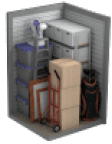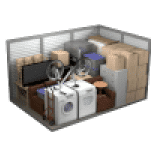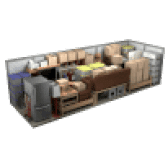All Locations
Find the options you need that also fit your criteria and your location
0813, 4058 N Valdosta Rd, Valdosta, GA 31602, United States
UNIT SIZES: Small / Medium / Large
Click To See Our Best Online Rate
View Facility
6031 Kansas Ave NW, Washington, DC 20011, United States
UNIT SIZES: Small / Medium / Large
Click To See Our Best Online Rate
View Facility
1230 S Capitol St SE, Washington, DC 20003, United States
UNIT SIZES: Small / Medium / Large
Click To See Our Best Online Rate
View Facility
1240 Mount Olivet Rd NE, Washington, DC 20002, United States
UNIT SIZES: Small / Medium / Large
Click To See Our Best Online Rate
View Facility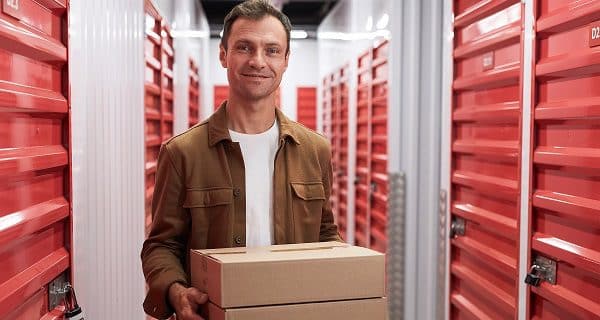
1055 Thomas Jefferson St NW, Washington, DC 20007, United States
UNIT SIZES: Small / Medium / Large
Click To See Our Best Online Rate
View Facility
1638 R St NW, Washington, DC 20009, United States
UNIT SIZES: Small / Medium / Large
Click To See Our Best Online Rate
View Facility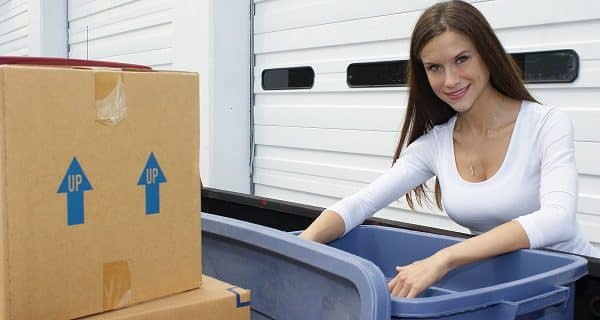
Featured Cities
Find storage units in there popular locations:
- Albuquerque, NM
- Anaheim, CA
- Anchorage, AK
- Arlington, TX
- Atlanta, GA
- Aurora, CO
- Austin, TX
- Bakersfield, CA
- Baltimore, MD
- Boston, MA
- Buffalo, NY
- Chandler, AZ
- Charlotte, NC
- Chesapeake, VA
- Chicago, IL
- Chula Vista, CA
- Cincinnati, OH
- Cleveland, OH
- Colorado Springs, CO
- Columbus, OH
- Corpus Christi, TX
- Dallas, TX
- Denver, CO
- Detroit, MI
- Durham, NC
- El Paso, TX
- Fort Wayne, IN
- Fort Worth, TX
- Fremont, CA
- Fresno, CA
- Garland, TX
- Gilbert, AZ
- Glendale, AZ
- Greensboro, NC
- Henderson, NV
- Honolulu, HI
- Houston, TX
- Indianapolis, IN
- Irvine, CA
- Jacksonville, FL
- Jersey City, NJ
- Kansas City, MO
- Laredo, TX
- Las Vegas, NV
- Lexington, KY
- Lincoln, NE
- Long Beach, CA
- Los Angeles, CA
- Louisville, KY
- Lubbock, TX
- Madison, WI
- Memphis, TN
- Mesa, AZ
- Miami, FL
- Milwaukee, WI
- Minneapolis, MN
- Nashville, TN
- New Orleans, LA
- New York, NY
- Newark, NJ
- Norfolk, VA
- North Las Vegas, NV
- Oakland, CA
- Oklahoma City, OK
- Omaha, NE
- Orlando, FL
- Philadelphia, PA
- Phoenix, AZ
- Pittsburgh, PA
- Plano, TX
- Portland, OR
- Raleigh, NC
- Reno, NV
- Riverside, CA
- Sacramento, CA
- Saint Paul, MN
- San Antonio, TX
- San Diego, CA
- San Francisco, CA
- San Jose, CA
- Santa Ana, CA
- Scottsdale, AZ
- Seattle, WA
- St. Louis, MO
- St. Petersburg, FL
- Stockton, CA
- Tampa, FL
- Toledo, OH
- Tucson, AZ
- Tulsa, OK
- Virginia Beach, VA
- Washington, DC
- Wichita, KS
- Winston-Salem, NC
